
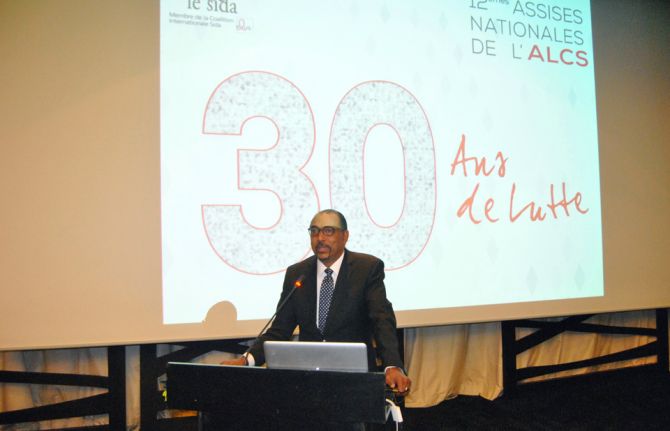


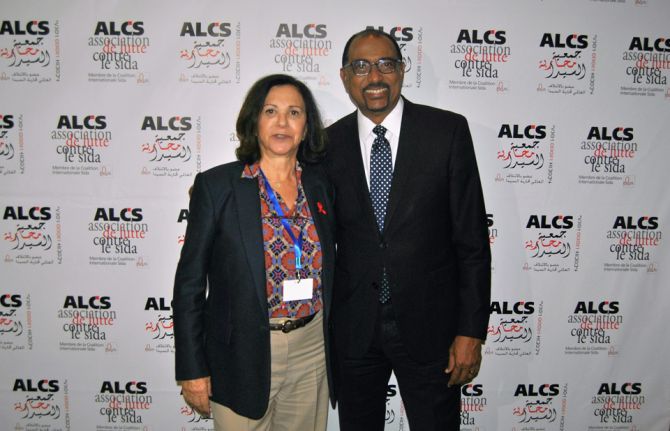
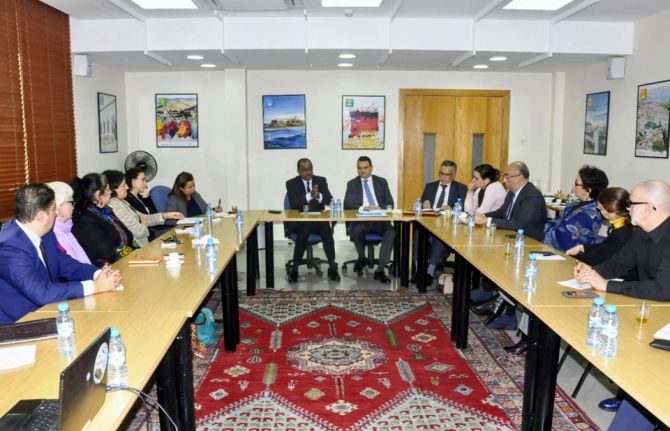
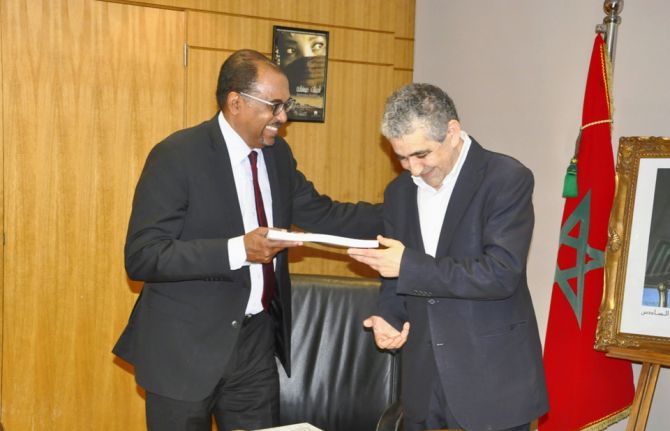
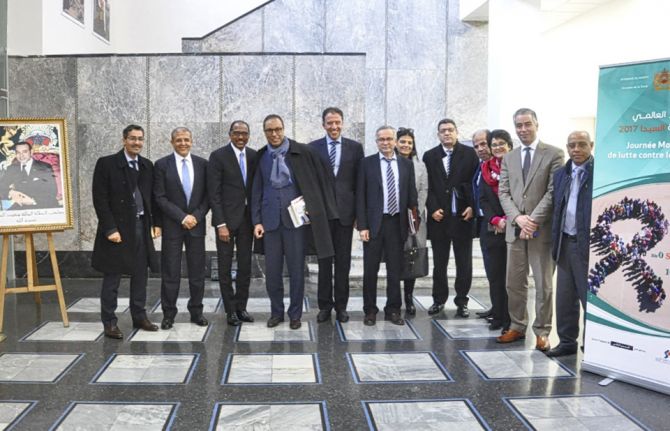
Update
A 30-year response to HIV in Morocco
19 January 2018
19 January 2018 19 January 2018Morocco marks 30 years of its response to HIV in 2018, with much to celebrate. Concerted efforts in the country have resulted in a 42% reduction in new HIV infections since 2010, significantly greater than the decline across the Middle East and North Africa of just 4%. HIV treatment coverage has also increased in the country, from 16% in 2010 to 48% in 2016.
Morocco has also managed to keep HIV prevalence low among the general population (0.1%). However, there are areas of serious concern. Data show that HIV prevalence is high among populations at higher risk of HIV infection, such as female sex workers (1.3%), people who inject drugs (7.9%) and migrants (3%), showing the need to do more to reach key populations with HIV services. Morocco is scaling up efforts to reach key populations through combined prevention programmes, substitution treatment for people who use drugs and increasing HIV testing.
The Executive Director of UNAIDS, Michel Sidibé, visited Morocco to show his support to the 30-year response to HIV. During the visit he met with the President of the National Council of Human Rights (CNDH), the Secretary-General of the Ministry of Health, the Minister of Foreign Affairs and International Cooperation and the United Nations Resident Coordinator and Country Team.
He stressed the importance of the United Nations Country Team’s commitment to United Nations reform and to responding to HIV through the Joint Plan. He noted the importance of having a national strategy on human rights and HIV and congratulated the CNDH as a pioneer in the region. He praised the initiative of the CNDH for carrying out training in human rights and citizenship and highlighted the important role that Morocco can play in efforts to recruit 2 million community health workers in Africa and in encouraging the local production of medicines.
Mr Sidibé congratulated the Minister of Foreign Affairs and International Cooperation on the progress of the AIDS response under the leadership of King Mohammed VI, the government’s partnership with civil society and the increase in domestic funding for HIV.
Mr Sidibé took part in the opening ceremony of the 12th meeting of the Association for the Fight against AIDS (ALCS) to celebrate the 30-year response. ALCS has been at the forefront of the response to HIV in Morocco, working on prevention for key populations, HIV counselling and testing, psychosocial support, advocacy, resource mobilization and introducing new innovations, including community screening and pre-exposure prophylaxis.
At the end of 2016, there were estimated to be 22 000 people living with HIV in Morocco, fewer than 1000 new HIV infections and fewer than 1000 AIDS-related deaths. UNAIDS is working closely with Morocco to expand innovative approaches to HIV prevention and testing for key populations, expand antiretroviral treatment services and their integration into the health system, implement a road map to eliminate mother-to-child transmission of HIV and implement a strategy for zero discrimination. UNAIDS also coordinates the United Nations Joint Support Plan and works to ensure the availability of strategic information and mobilize and implement grants from the Global Fund to Fight AIDS, Tuberculosis and Malaria.
Quotes
“Morocco is a model for other countries and will reach the 90–90–90 targets by 2020. It is important to be optimistic; I am an incorrigible optimist.”
“Morocco highly appreciates what is being done by UNAIDS at the international and national levels.”
“We know that we are on track and that we must not relax efforts in prevention and access to treatment, for why not succeed in ending the epidemic in our country by 2030.”



